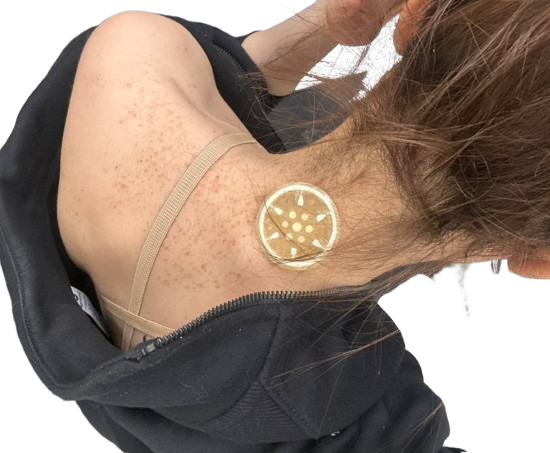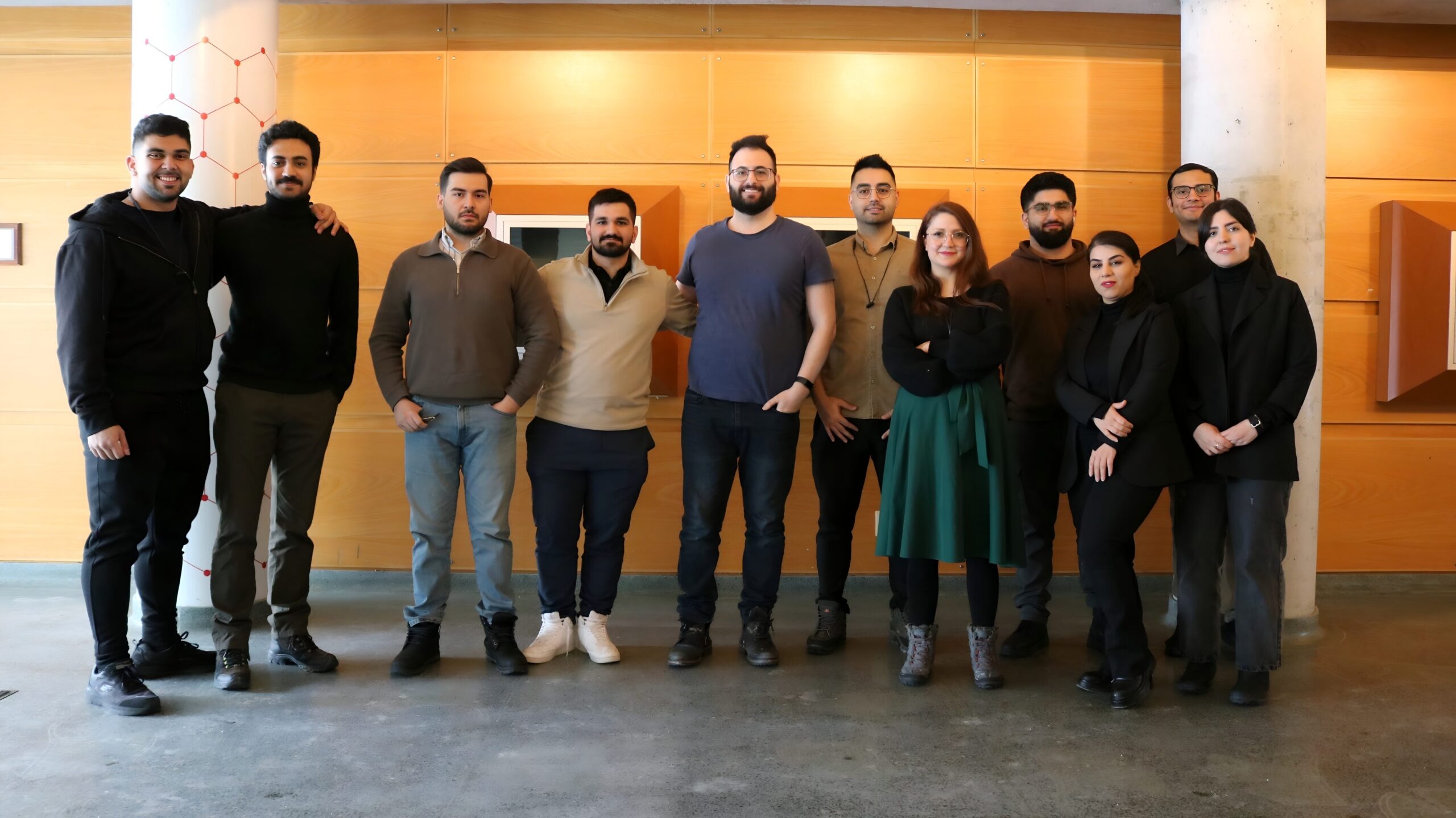
Ever wonder what secrets sweat holds about health? A team of researchers at York University is working to make this a reality by designing a simple wearable device that decodes those secrets in real time.
Led by Razieh Salahandish, an assistant professor in York’s Lassonde School of Engineering, the research team is developing a wearable biosensing device that promises to revolutionize preventative health care through the use of sweat.

The non-invasive wearable device integrates microfluidic technology and advanced sensors to offer real-time insights into various physiological states by analyzing sweat – a readily accessible body fluid that researchers believe can offer a wide scope of health information.
The project, titled "Revolutionizing Preventive Healthcare: A Wearable Device for Continuous, Non-Invasive Health Monitoring," is backed with $150,000 in funding from the Ontario Centre of Innovation (OCI) Collaborate 2 Commercialize program, with an additional $150,000 provided by project contributor SynHiTech Inc., a biotech incubator.
Over the next two years, researchers will work to develop, test and bring this cutting-edge technology to market, offering an innovation that has potential for early disease detection and early intervention of disease progression.
“Traditional medical assessments often require invasive procedures like blood draws and laboratory analysis, where our wearable biosensing device will offer a convenient, user-friendly alternative for ongoing health monitoring,” says Salahandish.
By continuously collecting and analyzing sweat samples, the device can detect subtle physiological changes associated with disease progression, providing early indications of potential health issues before symptoms appear, she explains.

“This makes it a valuable tool for individuals at higher risk of developing chronic conditions or those who wish to proactively monitor their health,” she says.
One of the distinct features of this device is its use of advanced artificial intelligence algorithms to recognize specific patterns in the collected data. The algorithms provide actionable insights tailored to each user, enabling early detection and facilitating timely intervention.
The more personalized approach to health management has potential to offer proactive health information that individuals can monitor alongside their health-care providers.
Salahandish says the device combines comfort, accessibility and precision, making it an ideal choice for continuous health monitoring.
"This innovative approach to preventative health care empowers individuals to take charge of their health and has potential for wide adoption across the health care sector,” she says.
The collaboration with SynHiTech Inc. further enhances the device's capabilities, ensuring it meets the highest standards of precision and reliability.
